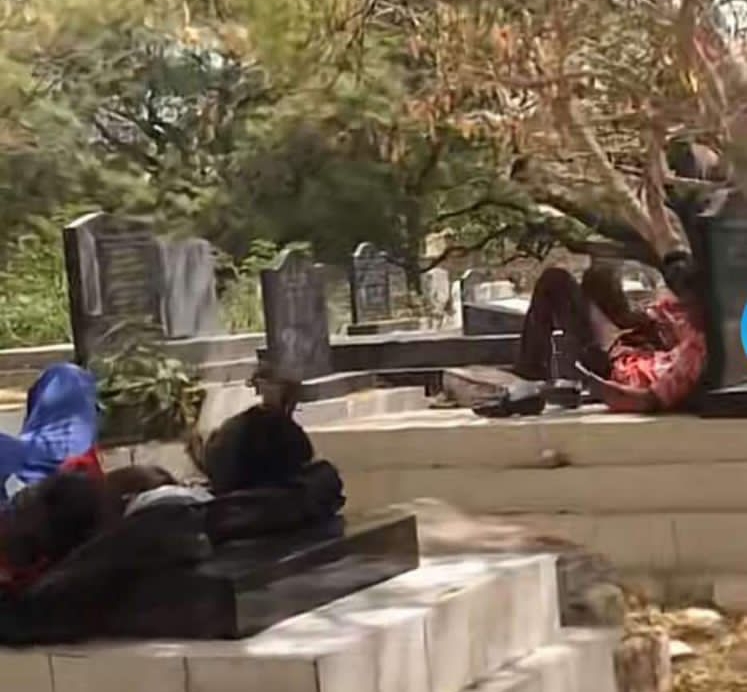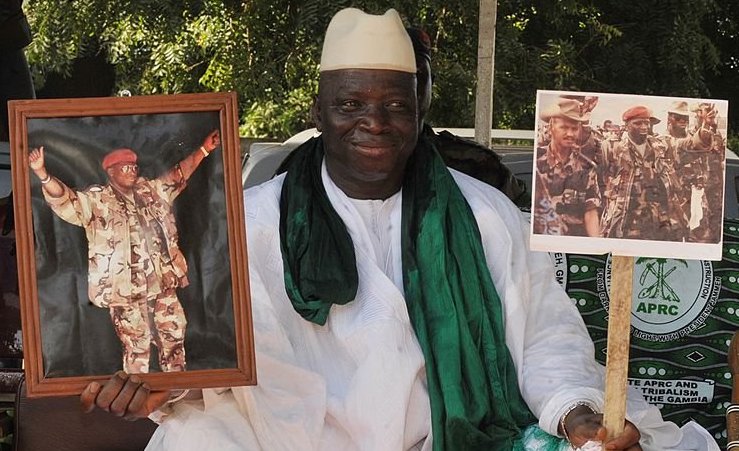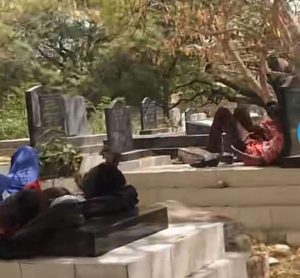Gambiaj.com – (Banjul, The Gambia) — A fresh wave of public outrage has gripped The Gambia following the publication of the third installment of an investigative series by The Republic detailing alleged irregularities in the sale of assets belonging to former president Yahya Jammeh. The report, which was released over the weekend, has triggered a storm of social media reactions and prompted public clarifications from key figures linked to the controversial asset disposal process.
Authored by award-winning journalist Mustapha K. Darboe, the article raises serious concerns about transparency, potential conflicts of interest, and questionable decisions in the disposal of Jammeh’s assets, including land, vehicles, and livestock.
These assets were seized by the state on the recommendation of the Janneh Commission of Inquiry—a key institution in the country’s transitional justice process.
Among those named in the report is former Minister of Justice Abubacarr Tambadou, who oversaw the implementation of the Janneh Commission’s recommendations during his tenure. While the article stops short of accusing Tambadou of fraud or personal enrichment, it notes his alleged personal connections to at least one beneficiary of the asset sales.
In response, Tambadou issued a public statement denying any wrongdoing, asserting that The Republic failed to fully reflect his responses during their correspondence.
“I maintain that I acted in good faith and in accordance with the law,” Tambadou said. “The article did not claim I engaged in corruption or profited personally, but it omitted key context from my explanation.”
Justice Ebrima Jaiteh of the High Court also came forward to explain his involvement in one of the cases mentioned. He clarified that his decision to unfreeze a piece of land was based on new evidence brought before him and that he was unaware of a prior ruling related to the property’s status.
In a significant development, the Edward Francis Small Centre for Rights and Justice (EFSCRJ), a civil society organization led by prominent activist Madi Jobarteh, has announced the temporary suspension of its endorsement of Tambadou’s candidacy for a seat on the International Court of Justice (ICJ).
The EFSCRJ had endorsed him in February 2025, citing his role in advancing Gambia’s transitional justice reforms. The group said the recent revelations warrant “further reflection and assessment.”
The government’s reaction to the scandal
As the controversy continues to unfold, the government of The Gambia has issued an official statement in response to the article, affirming that the disposal of Jammeh’s assets followed a “structured and legally grounded” two-stage process.
According to the statement released on May 5, the first stage of asset disposal was managed by the Janneh Commission, a presidential commission mandated to investigate Jammeh-era corruption.
The second stage involved a ministerial task force and a technical committee that supervised asset valuation, public advertisement, and competitive bidding. The financial services firm Alpha Kapital Advisory was contracted to manage the sales, and the National Audit Office was tasked with auditing the process.
“At all times, the government acted within the confines of the law and in the public interest,” the statement read. “A comprehensive report detailing the sales of all forfeited assets—including procedures followed, beneficiaries, sale prices, and proceeds realized—will be made available to the public in due course.”
The government reiterated its commitment to accountability and transparency and reassured the public that the proceeds from the sales were handled responsibly.
Despite the government’s clarification, public trust appears shaken as Gambians demand more clarity and accountability regarding the fate of Jammeh’s ill-gotten wealth. With a National Assembly audit report forthcoming and pressure mounting from civil society, the saga surrounding the sale of the former dictator’s assets seems far from over.










